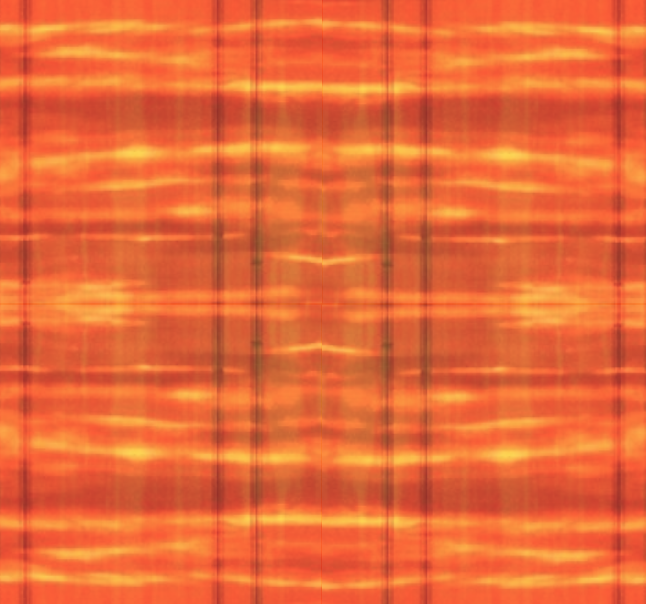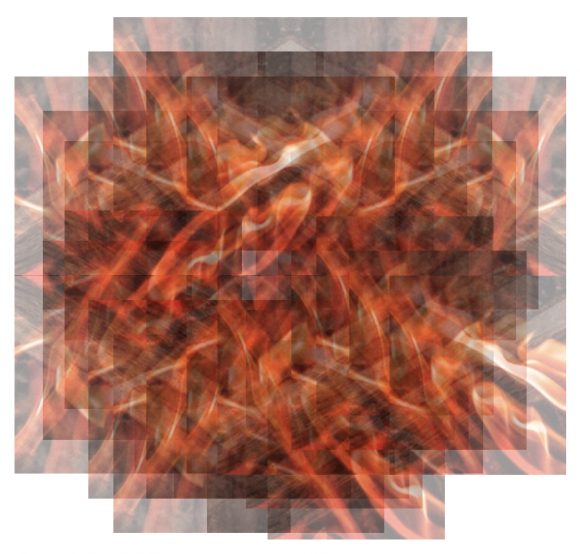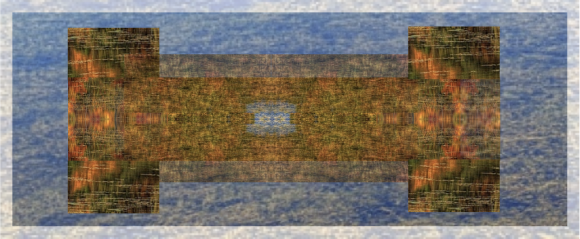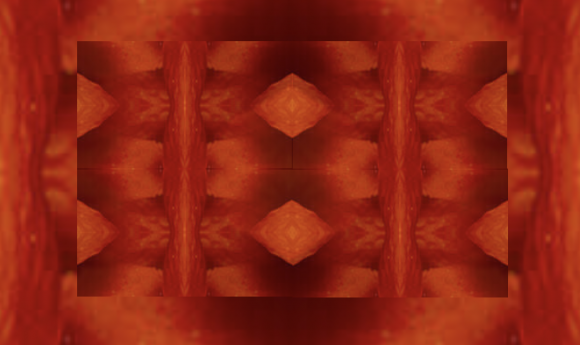My current excursion into ego theory started from an instance of perspective reversal in which Hillman suggested that “the shadow casts me”, that is, we might understand the ego as a projection from the shadow (in its original Jungian understanding).

But we would be mistaken if we construed this narrowly, as the view that the ego is a projection only from the shadow. In Hillman’s thinking (as in Jung’s), the ego emerges from archetypal structures in the soul, broadly speaking. Thus, for example, that the ego appears (to itself) as a person is a projection, too, but it originates from the anima rather than the shadow:
Not I personify, but the anima personifies me, or soul-makes herself through me, giving my life her sense. (RVP 51)
Both these ideas (first, that “my shadow casts me”; and secondly, that “the anima personifies me”) are elements within one strand in Hillman’s re-interpretation of the ego complex. It’s the one perhaps closest to Jung’s own views; Hillman himself refers us to GW V, §388, where Jung says that “human consciousness of personality is produced by the effects of person-like archetypes” (originally: “sein [des Menschen] Persönlichkeitsbewußtsein entsteht aus der Einwirkung personhafter Archetypen”). Moreover, Jung generally notes, when he introduces these archetypes of the collective unconscious (i.e. the shadow and the anima), how they can take over control from the ego (viz. GW VII, §374; GW IX/I, §§47-49; GW IX/II, §15).
There is, however, a second and very different strand — one that is more specifically Hillmanian. It comes frequently in a disguised manner (cloaked as a critique of “heroic consciousness”), altough on occasion we may find it somewhat bluntly stated, too:
The ‘I’ has its function […] as the one personification whose necessary perspective is to take itself as literally real. An ego’s specific characteristic, and its specific function, is to represent the literal view: it takes itself and its view for real. (RVP 48)
Taken together, these two lines of interpretation produce a picture of the ego as fundamentally deceived: for if we combine them, this means that the ego is a metaphorical enactment (a projection from archetypal structures in the soul) which, however, necessarily conceives of itself as literally real — and in this way, is of course invariably mistaken about itself.
But note that this is not Jung’s view, nor does it necessarily follow from his notion of the powers of the unconscious over ego consciousness. It really comes about only when we combine that with Hillman’s insistence that everything psychological — including the self-understanding of a conscious subject — must be taken as metaphorical (which is arguably Jungian as well, albeit more implicit), and his additional suggestion that the ego viewpoint can only understand itself in literal terms. (The first two lemmata in this trilemma come from the first strand, whereas the last is the second strand; and that, as far as I can make out, is Hillman’s alone.)



